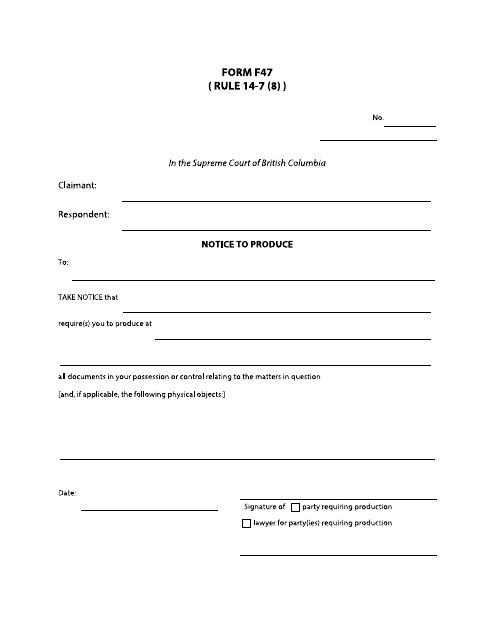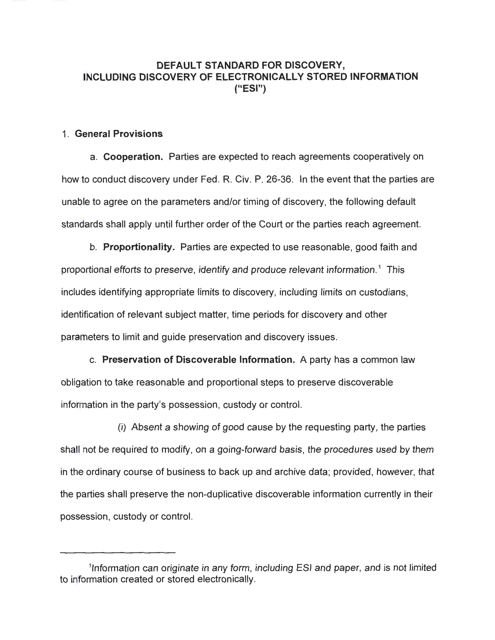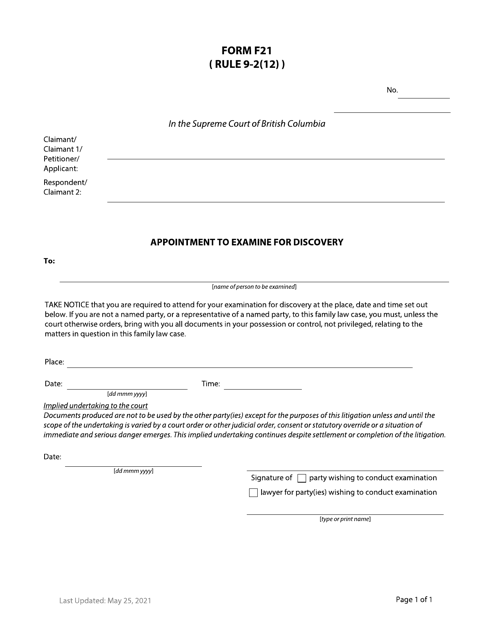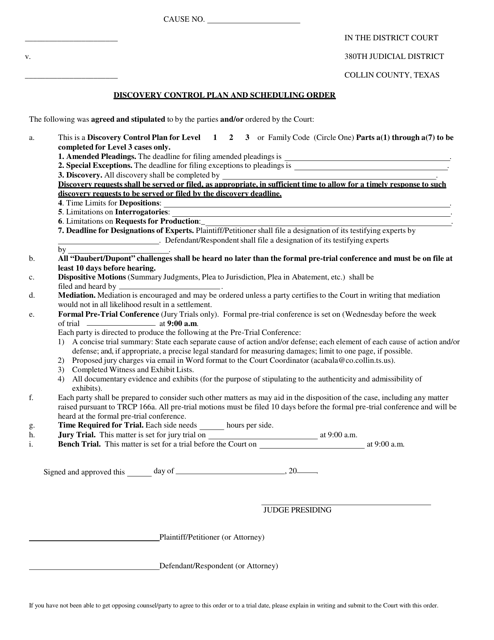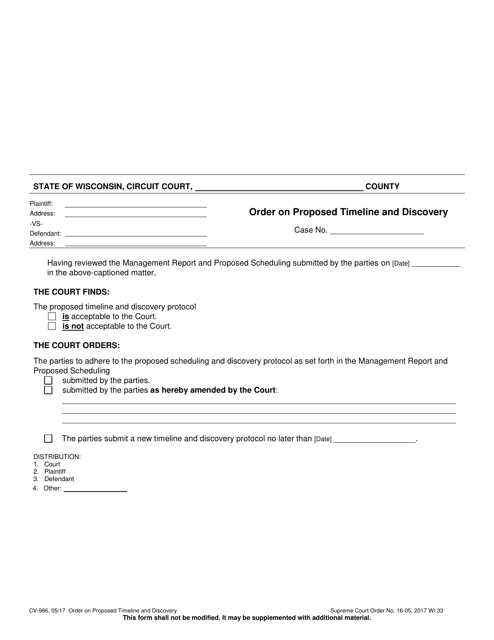Discovery Process Templates
The discovery process, also known as the discovery phase or information gathering, is a crucial aspect of legal proceedings. This stage allows both parties involved in a case to gather relevant information, evidence, and facts to strengthen their arguments and build a solid foundation for the upcoming trial.
During the discovery process, various documents are exchanged between the involved parties. These documents can include notice to produce forms, which request the opposing party to provide specific documents or evidence. The appointment to examine for discovery forms are used to schedule and conduct the examination of witnesses or experts.
There are also discovery control plans and scheduling orders established by the court to ensure an organized and efficient process. These plans outline timelines, deadlines, and procedures that must be followed during the discovery phase. These orders help parties stay on track and avoid unnecessary delays during the legal proceedings.
Interrogatories, another common document in the discovery process, consist of written questions that one party asks the other. These questions are aimed at gathering additional information, clarifying facts, and uncovering any hidden details that may be relevant to the case.
Whether you're in British Columbia, Canada, the 380th Judicial District in Collin County, Texas, or any other location, the discovery process remains a fundamental part of the legal system. It allows parties to gain a comprehensive understanding of the case, analyze evidence, and prepare a strong argument in their favor.
If you're involved in a legal matter, understanding the discovery process and its associated documents is essential. It's crucial to have a competent legal team who can guide you through this process, ensuring that you gather the necessary information to present a compelling case for your side.
Documents:
6
This form is used for requesting the production of documents in legal proceedings in British Columbia, Canada. It is commonly used to obtain evidence or information relevant to a case.
This document outlines the standard rules and procedures for the process of discovery in legal cases, including the discovery of electronically stored information (ESI). It specifically focuses on the laws and regulations in the state of Delaware.
This document outlines the plan and schedule for controlling discovery in the 380th Judicial District of Collin County, Texas. It establishes guidelines and timelines for the exchange of information and evidence between parties involved in a legal case.
This form is used for ordering a proposed timeline and discovery in a Wisconsin court case. It helps plan and organize the process of collecting information and evidence for the trial.
This Form is used for submitting written questions to the opposing party in a Connecticut court case as part of the discovery process. Interrogatories are used to gather information and evidence for the case.

